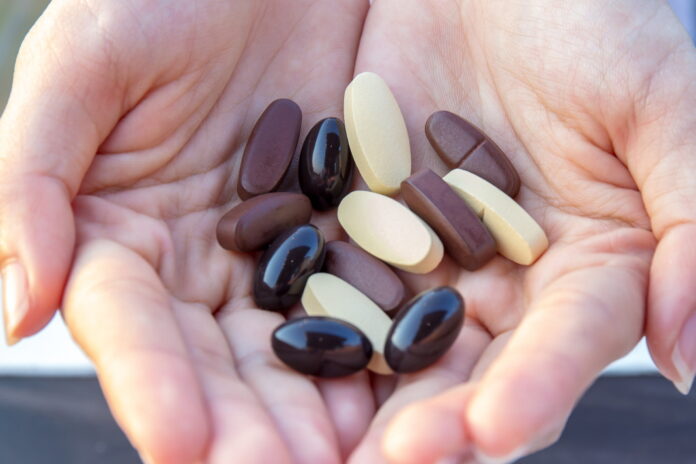
Zinc, Vitamin C, and herbs are really working?
By Namwook Cho L.Ac.
Supplements are taking an essential role in preventing Coronavirus (COVID-19) infection, especially for people who are in deficiency. In the same time, there are much harmful information regarding products that help to avoid COVID-19 virus infection.
The Acupuncture Times will introduce information regarding supplements for the next three months that are working to prevent from infection and may help reduce symptoms of COVID-19, supplements, and products unlikely to help with COVID-19, and supplements, and products unlikely to help with COVID-19 and could be dangerous.
The first is vitamin and minerals such as potassium, vitamin C, and D, zinc that can help with COVID-19 if one in deficiency with scientific evidence.
As the COVID-19 pandemic has prolonged, many companies are trying to promote their products for preventing the virus infection. And as an acupuncture practitioner, the patient tends to consult with the acupuncturists for supplements that help to avoid COVID-19 infection.
We, as a practitioner, need to know more information regarding a supplement that is working for preventing respiratory infections such as COVID-19. Here is some helpful information with scientific pieces of evidence.
According to Consumer Lab.com, which has identified the best quality health and nutritional products through independent test since 1999, some supplements are working, and some are not.
Some supplements can help with COVID-19 if you are not getting enough, may help reduce symptoms of COVID-19, supplements, and products unlikely to help with COVID-19, and supplements and products unlikely to help with COVID-19 and could be dangerous.
But you have to keep in mind that the best way to prevent COVID-19 infection is to avoid exposure by following the latest recommendations of the CDC and WHO and local authority.
① Vitamin and minerals that can help with COVID-19 if you are not getting enough:
Potassium
Usually, potassium could be obtained from foods, such as beans, squash, and potatoes. Potassium deficiency could be found from people taking certain drugs or conditions affecting the kidneys or intestines.
Potassium has been known that it will not prevent COVID-19 infection, but it can help to avoid COVID-19 symptoms got severe. A recent medical report from China reported that among a group of 175 patients hospitalized with COVID-19, 69 (39%) had hypokalemia, and another 39 (22%) had severe hypokalemia.
Hypokalemia can cause heart dysfunction, which is one of the major problems found in COVID-19, and high levels of markers of heart muscle damage were associated with more severe hypokalemia.
Vitamin C
Vitamin C is vital to the function of the white blood cells that are on first line of defense system of the immune system, leukocytes and the vitamin plays important role for absorbing iron absorption. Deficiency in iron can make vulnerable to infections.
There is no evidence that high dose vitamin C can protect people from infection from COVID-19 but it has been known for helping reducing symptoms or preventing from common cold.
But according to the Consumerlab.com, “higher intakes of vitamin C may potentially help people who are critically ill with COVID-19 and on ventilators.” There are reports saying that prior to the emergence of COVID-19 found a dose of 1,000 to 6,000 mg of vitamin C daily shortened the time on ventilation by about 25% for people who required ventilation for over 10 hours.
Vitamin D
Daily consumption of vitamin D supplements may help to reduce the chance of respiratory infections and influenza A in children and adults who are deficient or severely deficient in the vitamin D.
There is a small study of patients hospitalized with COVID-19 suggested a possible connection between levels of vitamin D in the blood and severe COVID-19 symptoms.
Vitamin D could be absorbed by proper sun exposure – at least three times a week for about 30 minutes exposing hands, arms, legs, and face to the sun. But the company concluded to prevent COVID-19, intaking of vitamin D products is considered as a good, safe, preventative measure for protecting against respiratory infections in general.
Zinc and Selenium Pills and Liquids
A study of elderly people who are in Zinc deficiency, in nursing homes in France, for supplementing with zinc – 20 mg per day may improve the chance of avoiding respiratory tract infections.





































